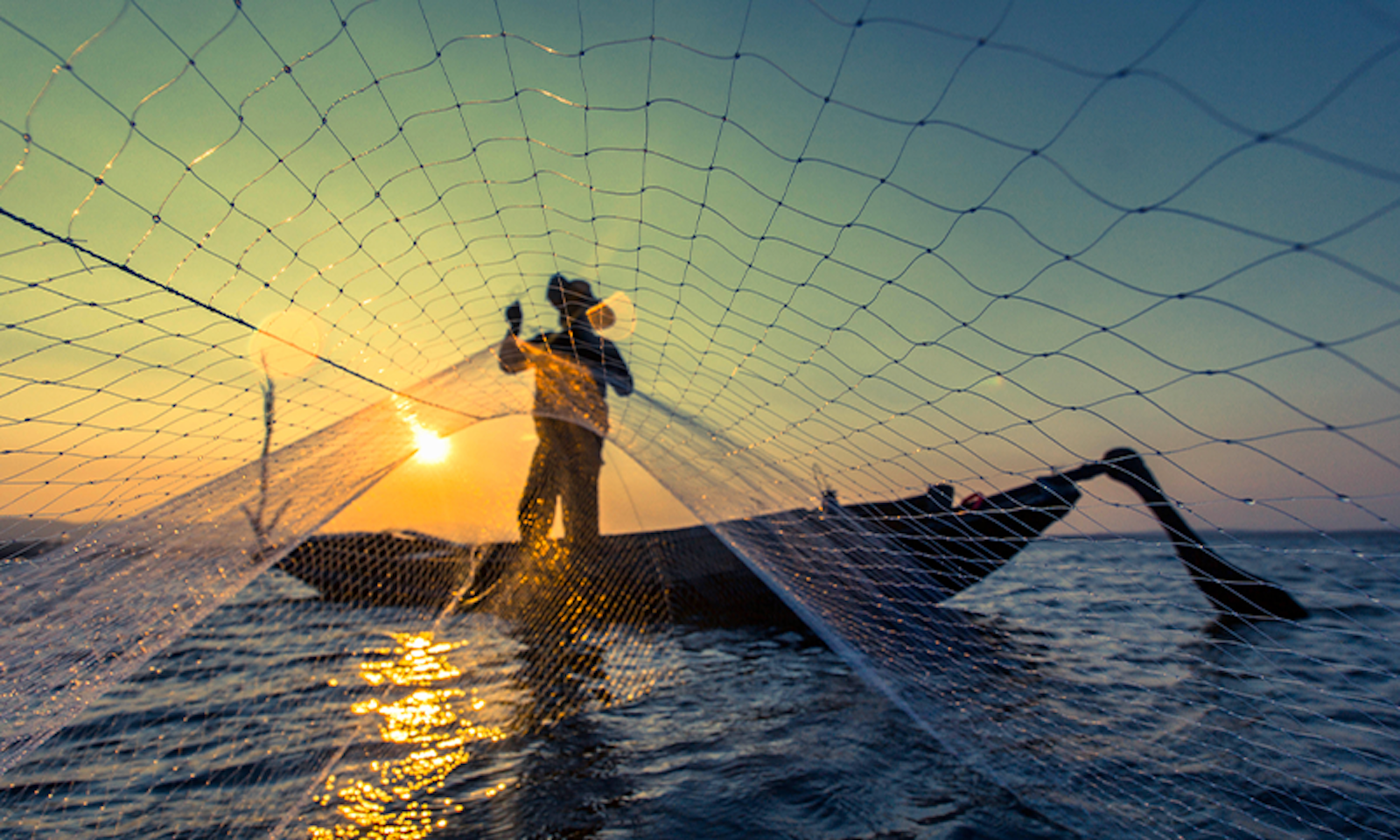In Peru’s coastal waters, schools of anchovies once swam in abundance, allowing fishers to haul in ample catches year after year and making the country the largest anchovy producer in the world. But this year, after exploratory fishing vessels pulled in nets full of juvenile fish, the Peruvian government canceled the anchovy season entirely.
This is likely just a sample of what’s to come. As the ocean warms, fish populations across species are already migrating from their historic territories, declining in size, or both. This is, naturally, a problem for fishers who rely on fish for their livelihoods. But it could become a crisis for millions of people living in resource-deprived regions of the tropics like West Africa, Southeast Asia, and the Pacific Islands. People there depend heavily on the ocean for protein, as well as key minerals like iron and calcium, and omega-3 fatty acids that are essential to the brain and heart.
A new paper published October 30 in Nature Climate Change attempts to quantify, for the first time, exactly how climate change will impact the nutrients available to people living in these tropical areas under different scenarios. As temperatures rise, most fish “will shift their distribution poleward or sometimes into deeper water as well,” explains William Cheung, a marine ecologist at the University of British Columbia and lead author of the paper. This will benefit some people living to the north, says Cheung, and harm those living in the tropics. The extent of the harm grows as temperatures rise.

Cheung and his team used fisheries databases and predictive models to estimate how much dietary supplies of protein, iron, calcium, and omega-3 fatty acids will decline with climate change. They found that if aggressive efforts are made to eliminate emissions and limit global warming to 2 degrees Celsius above pre-industrial levels, the nutrients available from seafood to people living in low-income countries across the tropics could decline by 10 percent. But if instead we continue along our current trajectory and allow warming to ramp up by 4 degrees Celsius, the decline in nutrients could exceed 30 percent. Projected increases in population in these regions, as well as limited means to turn to global trade to fill in nutrient gaps, could make things worse, they write. So could the changing nutrient compositions of some fish.
Countries most at risk, the authors say, could try to encourage sustainable fishing of the most nutritious and least climate-sensitive species. Wild-caught fisheries are more vulnerable than farmed fisheries, where aquaculturists have some control over the species they cultivate. But many aquaculture operations that grow omnivorous or carnivorous fish species rely on fishmeal produced by countries like Peru to feed their schools, and fishmeal production is vulnerable to rising ocean temperatures, as well. (After Peru’s government canceled the anchovy season, fishmeal prices spiked.) Farmed fisheries could turn to alternative feed stocks, but these may not be financially feasible for many fisheries in low-income countries. Such alternatives could include things like plants, fish processing waste, yeast, bugs and other special meals, and even seaweed.
But the most important thing we can do to limit nutritional harm to people living in tropical countries is cut fossil fuel consumption as much and as quickly as possible, says Cheung. “We need to reduce emissions in order to limit the changes to a level where adaptations will be effective.”
After all, for many coastal communities, fish and fishing are the very sustenance of their way of life. Without immediate action, the climate crisis could upend it all. ![]()
Lead image: BankZa / Shutterstock.




























